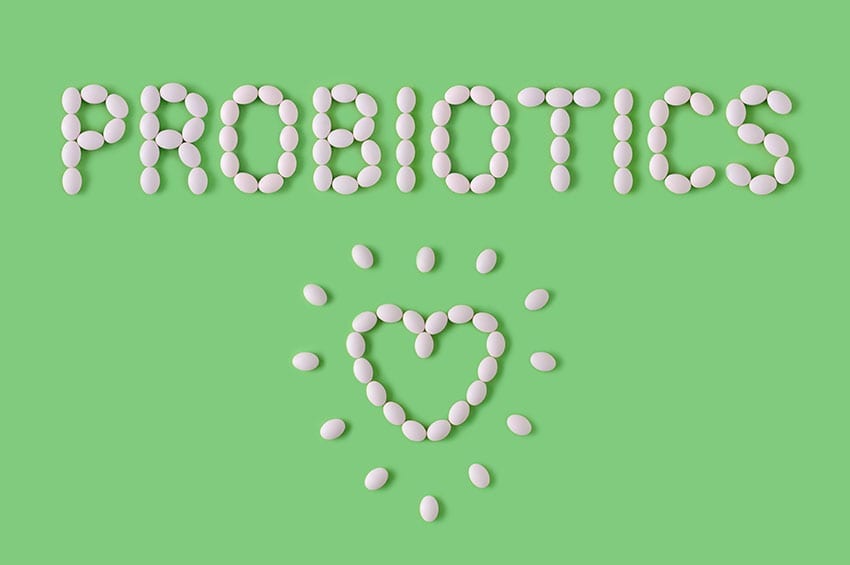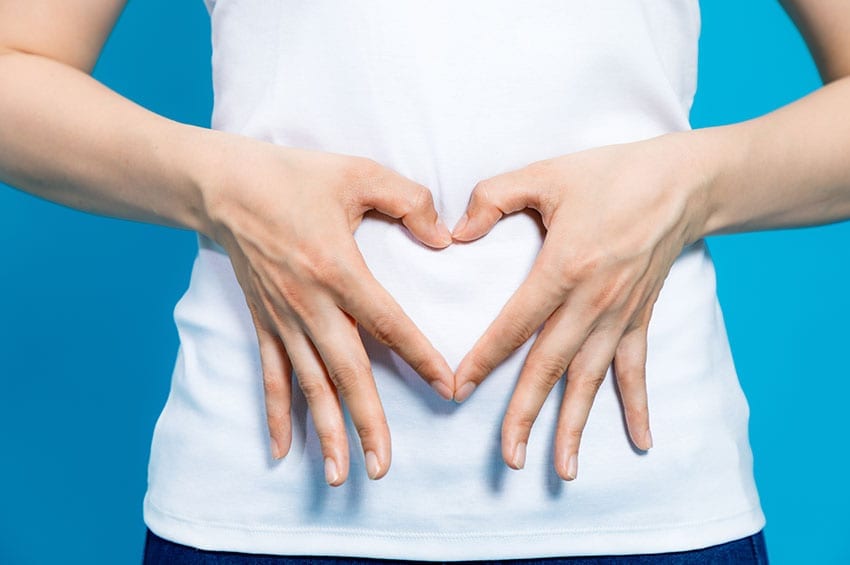Keto Probiotics: Are Probiotics Useful on the Keto Diet?

Over the last few years, research has shown just how important gut health is for combatting disease, regulating mood, and maintaining overall wellness, to name a few things. One of the best ways to support your gut health is with probiotics.
Some sources of probiotics are carb-heavy foods such as kefir and yogurt, which can present a dilemma for someone following the ketogenic diet or low-carb diet. Let’s discuss what probiotics are, the benefit of probiotics, and the best sources of probiotics to support gut health and your state of ketosis.
What Are Probiotics
Probiotics are commonly referred to as “good” bacteria. They support both your cognitive and physical health along with a number of other conditions from gastrointestinal issues to low energy levels.
I know what you’re thinking: “Probiotics help improve my brain function? But how?”
What happens in your gut has a large impact on your brain function. When your gut microbiome is out of whack, your brain function suffers as well. This is due to neuropeptides or compounds produced by your gut bacteria that have a direct effect on your brain.
Probiotics have different strains that can treat different conditions. They can help improve digestive health, improve nutrient absorption, improve immune system health, and can even reduce inflammation.

Keto and Gut Health
Can going keto improve gut health?
The answer is yes, but only if the necessary steps are taken. The gut microbiome plays a large role in the digestion and absorption of fats, but if you don’t have a nutrient-dense diet, chances are your body won’t be able to break them down properly. [1]
If your body isn’t breaking down fats, you could be experiencing uncomfortable bloating, cramping, diarrhea and other digestive issues. But even worse, your body won’t be able to absorb or utilize them.
With the restrictions that come with the keto diet, some may find it difficult to reach optimal levels of nutrition each day. If your gut health is already poor, inadequate nutrition following a keto diet can make it even worse.
Poor gut health can slow weight loss and even negatively impact your basal metabolic rate (BMR), having a severe impact on your energy levels. This is why probiotics and a healthy gut are key components in maintaining a healthy lifestyle and optimal functioning digestive system. [2]
How to Keep Your Gut Healthy on Keto
If you’re concerned about your gut health on keto, there a few steps to take.
First, make sure your ketogenic diet is abundant in nutrient-dense foods and digestive enzymes. These two factors will allow your body to properly digest and absorb fats in the first place.
If you’ve been following the ketogenic diet and have no digestive issues with fats, adding a probiotic supplement to your daily routine can be extremely beneficial. There is promising research showing that a ketogenic diet can improve the microbiome, which could help improve other gut-related diseases.
Learn more about prebiotics and probiotics today.
References
Martinez-Guryn K, Hubert N, Frazier K, Urlass S, Musch MW, Ojeda P, Pierre JF, Miyoshi J, Sontag TJ, Cham CM, Reardon CA, Leone V, Chang EB. Small Intestine Microbiota Regulate Host Digestive and Absorptive Adaptive Responses to Dietary Lipids. Cell Host Microbe. 2018 Apr 11;23(4):458-469.e5. doi: 10.1016/j.chom.2018.03.011.
Filip Ottosson, Louise Brunkwall, Ulrika Ericson, Peter M Nilsson, Peter Almgren, Céline Fernandez, Olle Melander, Marju Orho-Melander. Connection between BMI related plasma metabolite profile and gut microbiota.The Journal of Clinical Endocrinology & Metabolism, 01 February 2018 DOI: 10.1210/jc.2017-02114/4834036.








